Agentic AI: Guide to Its Use Cases, Architecture, and Future
AI
5 MIN READ
January 6, 2025
![]()
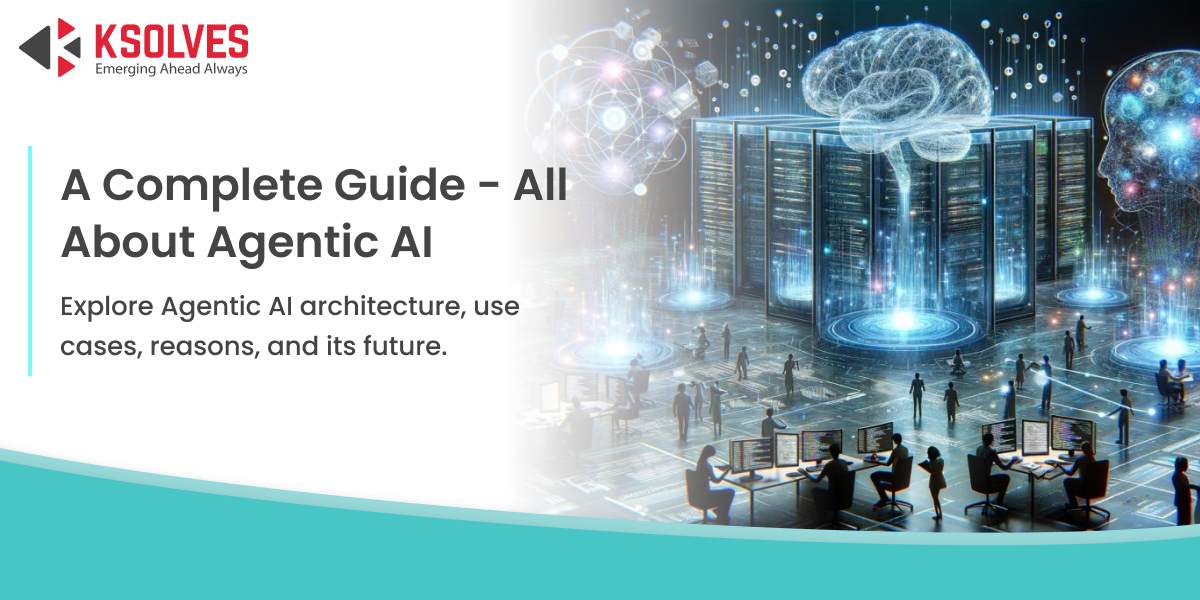
All About Agentic AI – A Complete Guide
Generative AI, a subset of Artificial Intelligence, has become popular in the last few years and is bringing companies onto the track. Agentic AI brings the versatility and flexibility of large language models (LLMs) and also the precision of traditional programming.
Companies nowadays face a complex landscape due to rising costs, fierce competition, and rapid technological advancements. Companies are under increasing pressure to innovate, optimize business operations, and deliver true value to customers.
And, if we consider Traditional AI and Generative AI here, then we have seen how their initial promises are growing to deliver end-to-end enterprise solutions that execute complex tasks and achieve business goals.
Here, Agentic AI showcases a transformation in how AI can drive enterprise solutions. It promises to optimize the entire business operations by delivering end-to-end solutions that gradually help to stay in this competitive market.
The AI Landscape evolves rapidly and the architecture of Agentic AI displays a transformative approach in the AI field. This shift allows the development and deployment of agentic AI systems that are capable of dynamic learning, decision-making, and focus on the right interaction within complex environments.
Let’s explore how Agentic AI optimizes complex workflows, reduces costs, and responds properly to changing business needs. Moving to the next sections, we will learn the Agentic AI use cases, architecture, and its future.
The Evolution and Architecture of Agentic AI System
Adoption of Agentic AI is quite a difficult decision-making process. This AI system coordinates with weighing options and better outcomes and responds properly as per the major business challenges.
They can enhance their problem-solving capabilities to consult multiple LLMs and properly reference business insights. Moreover, another key element present in AI agents is Machine learning. It helps to learn from data, recognize patterns, and make business predictions to make the right decisions by ingesting massive amounts of data.
Step-By-Step Process of Agentic AI: Its Phases
Considering the Agentic AI at a high level, the entire process holds the key stages:
- User Provides Instruction
In this stage, the user can interact with the AI system that offers a natural language prompt similar to an AI assistant. It can also interpret the user’s intent and seek further information if needed.
- Agent System Plans, Allocates, and Executes Work
Another stage of Agentic AI architecture helps to transform the prompt into a well-defined workflow, dividing it into tasks and subtasks. A well-managed subagent assigns these tasks to specialized subagents. They can provide the needed domain knowledge and various tools that leverage prior consumer experience and establish expertise to connect and utilize the organizational data and manage organizational data and systems to complete assignments.
- Agent System Iteratively Clarifies Output
During the Agentic AI process, the agent may request extra input from the user to ensure accuracy and work relevancy. The system clarifies the outcome as per the user review and continues with work until the outcome is achieved.
- Agent Executes Action
At the last stage, the agent extracts all the needed information to complete the task as per user requests.
When we talk about different AI agents, we just need to take a closer look at the three major components of an agent that are:
- Prompt
This component defines how the system operates and outlines the goals an agent must achieve along with the constraints to follow. A prompt works as a blueprint for the multi-agent system with the right master plan for which agents need to accomplish and methods to do so. It also acts as a compass that guides the agents and makes sure to work properly towards the shared objectives with a structured framework.
- Memory
Memory is another core part of the LLM agent that serves as the repository of knowledge and experiences. Just like humans keep their past experiences in mind while making decisions, LLM agents also use the memory component to understand the context, learn from previous interactions, and make informed decisions.
- Tools
These are versatile instruments that allow agents to perform business tasks effectively. Agentic AI tools include APIs, executable functions, or other services that help agents to complete business objectives.
Agentic AI Real-World Use Cases Across Industries
The Agentic AI applications have been increased gradually in recent years. The consumer-facing success offers a proper view of agentic AI’s impact on the firms. At the core of Agentic AI, it can automate the regular tasks that give more time to employees to focus on higher-value work.
However, it became a fully autonomous digital workforce capable of understanding and executing complex business objectives.
One of the major features of Agentic AI architecture is its ability to strategically organize agents by functional domains such as IT, HR, Engineering, and more. This helps enterprises to deploy specialized agents as per the unique demands of each department. By aligning the agents with specific functional areas, we can first manage the AI workflows, boost task precision, and make sure that each agent operates efficiently.
-
Healthcare: AI-Powered Diagnostic Systems
Agentic AI makes the work of the healthcare industry easier and more efficient as it optimizes diagnostic and patient care. The advanced diagnostic tools help to analyze medical imaging like X-rays and MRIs to detect diseases like cancer or other neuro disorders at an early stage. This system not only helps to improve diagnostic accuracy but also reduces the time needed for medical assessments.
If we take the example of IBM Watson Health then they use AI to suggest treatment options by analyzing patient data, medical literature, and clinical results. Agentic AI is employed in robotic surgery where AI-driven robots assist surgeons by making the right incisions during surgery and real-time adjustments during complex procedures.
-
Finance: Fraud Detection and Automated Trading
When it comes to the Finance industry, Agentic AI is used for fraud detection and automates the trading process. The fraud detection system managed by AI focuses on analyzing the massive volume of transaction data in real-time by identifying unusual patterns and moving to potential fraudulent activities.
In addition, the Agentic AI models execute the trades based on the market data analysis and predefined strategies offered within milliseconds. It also helps financial institutions to maximize the returns and minimize the risks.
-
Retail: Personalized Shopping Experiences
In the retail industry, Agentic AI provides the shopping experience for the users. The AI-driven recommendation systems understand consumer behavior, purchase history, and preferences to suggest the products meet individual needs.
By using virtual shopping assistants and chatbots, AI helps customers in real time, solves queries, and offers suggestions based on purchase history.
-
Manufacturing: Predictive Maintenance and Process Optimization
Agentic AI in the manufacturing industry works in predictive maintenance and process optimization. The Predictive maintenance systems utilize AI to monitor the equipment performance and predict failures before they arise. It also reduces downtime, minimizes repair costs, and extends the machine’s life.
It even transforms the entire production process by analyzing data from various stages of manufacturing. These systems can adjust the machine settings that improve workflow efficiency, and reduce waste resulting in cost savings.
Why is Agentic AI Considered as a Justified Solution Across Industries?
Agentic AI is increasingly recognized as a transformative solution across industries due to its ability to blend autonomy, adaptability, and intelligence. It addresses critical challenges in sectors like healthcare, finance, manufacturing, and retail by enhancing operational efficiency, improving decision-making, and delivering personalized experiences. Below is a detailed explanation of why Agentic AI is justified as a solution, focusing on its core characteristics.
-
Flexible and Precise
One of the most significant advantages of Agentic AI is its ability to be both flexible and precise, making it suitable for industries with dynamic environments. Flexibility allows these systems to adapt to changing conditions and handle a wide variety of tasks. For instance, in healthcare, AI-powered diagnostic tools can adjust their analyses based on patient demographics, evolving diseases, and new research findings, making them invaluable in diverse clinical settings.
- Extended Reach
Agentic AI significantly extends the operational reach of businesses by automating processes, analyzing massive datasets, and providing actionable insights. One key aspect is scalability—AI systems can handle increased workloads without a corresponding increase in human resources. For example, in the retail sector, AI-powered chatbots can manage thousands of customer queries simultaneously, offering 24/7 support across different regions and languages. This scalability enables businesses to serve more customers while maintaining high service quality.
- Autonomous
The autonomy of Agentic AI is one of its most powerful features. These systems can perform complex tasks and make critical decisions independently, reducing the need for constant human intervention. They continuously learn from their environment, identify patterns, and adapt to new situations through self-learning mechanisms. In the automotive industry, for example, autonomous vehicles rely on AI to navigate roads, avoid obstacles, and make real-time driving decisions, often surpassing human drivers in terms of safety and efficiency.
-
Intuitive
Agentic AI systems are designed to be intuitive, meaning they can understand, predict, and respond to human needs with minimal input. This intuitiveness is particularly beneficial in enhancing user experiences and simplifying complex interactions. In customer service, for instance, AI-driven virtual assistants can analyze a customer’s tone, sentiment, and previous interactions to provide personalized responses, making interactions feel more human-like and empathetic.
The Future Landscape of Agentic AI
Firms tend to focus on only a small number of datasets to successfully implement agentive AI. The quality and diversity of training datasets are crucial to the success of AI agents. High-quality data ensures accurate learning to users while diverse data helps AI agents function properly in different scenarios.
Moreover, most companies are struggling to implement AI because of major challenges which are data regulations, sensitivity, financial implications, and scarcity. There is where synthetic data in Agentic AI plays its game with a valuable solution. Synthetic data is a utility that can be integrated to create complex and varied datasets like real-world data but without any personal information.
However, connecting the best AI Consulting company here works as the best approach to make things work in the right direction. Ksolves is a leading partner in providing the best consultation and implementation services for the last 12+ years.
With a team of 500+ developers and architects, we are consistently delivering innovative and customized software solutions that drive growth, efficiency, and success for our client’s businesses. With our outstanding IT services and solutions, we have earned the unwavering trust of clients spanning the globe. We are a certified Odoo Gold Partner and Salesforce Summit Partner and successfully worked on 500+ projects till yet.
For information in detail, you can contact us at sales@ksolves.com.
Conclusion
Hence, Agentic AI showcases a transformation shift in the way industries and offers the right adaptability and intelligence. By continuously integrating advanced machine learning models, data processing capabilities, and decision-making frameworks, Agentic AI allows businesses to manage complex business processes, enhance accuracy, and provide the best user experience. From healthcare to the retail industry, the use cases of Agentic AI display its versatility and potential to revolutionize industries.
As we move into a future driven by intelligent technologies, Agentic AI will play a pivotal role in shaping innovative solutions, streamlining workflows, and enabling businesses to thrive in competitive environments. By understanding its architecture, applications, and benefits, organizations can harness the power of Agentic AI to drive growth, enhance efficiency, and maintain a competitive edge in an ever-evolving digital landscape.
![]()
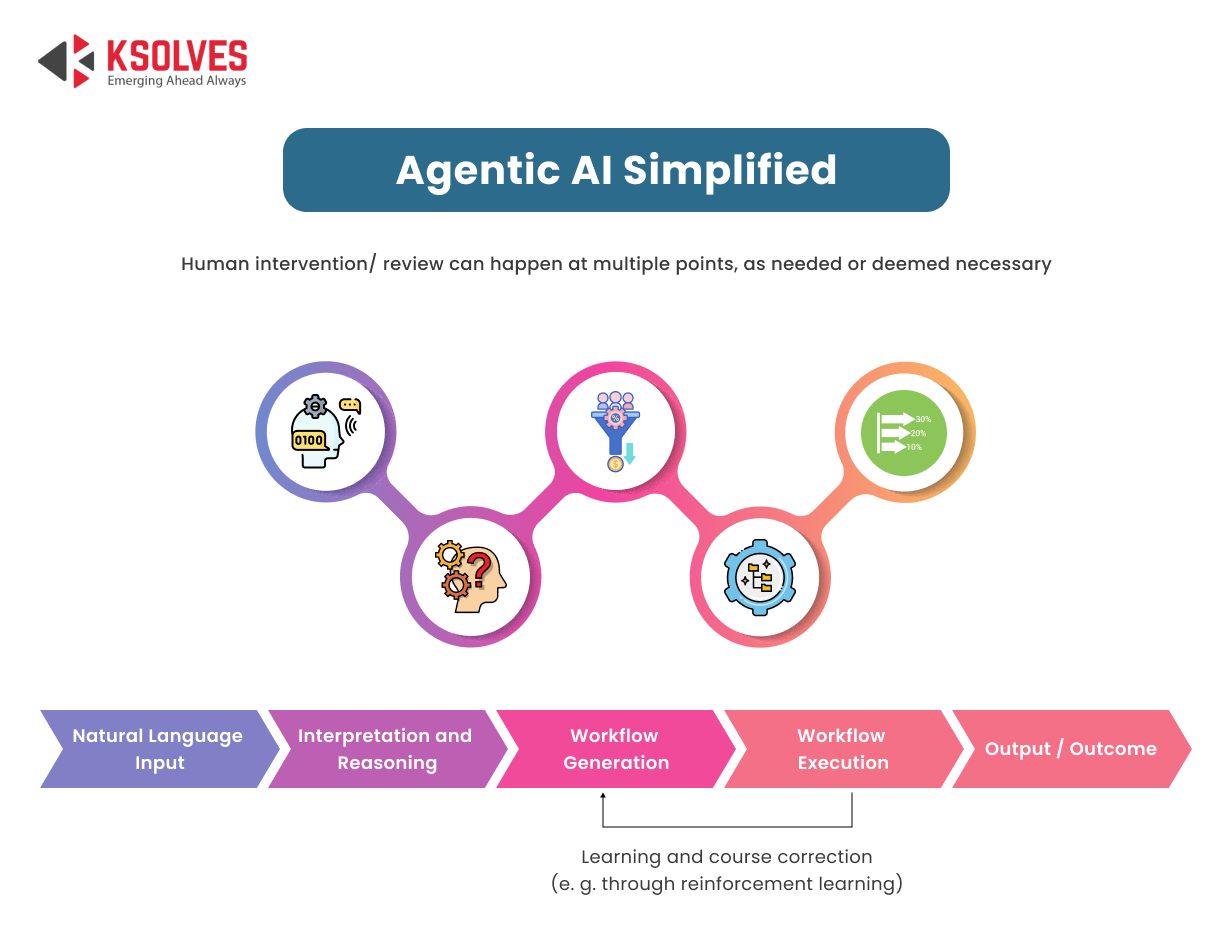
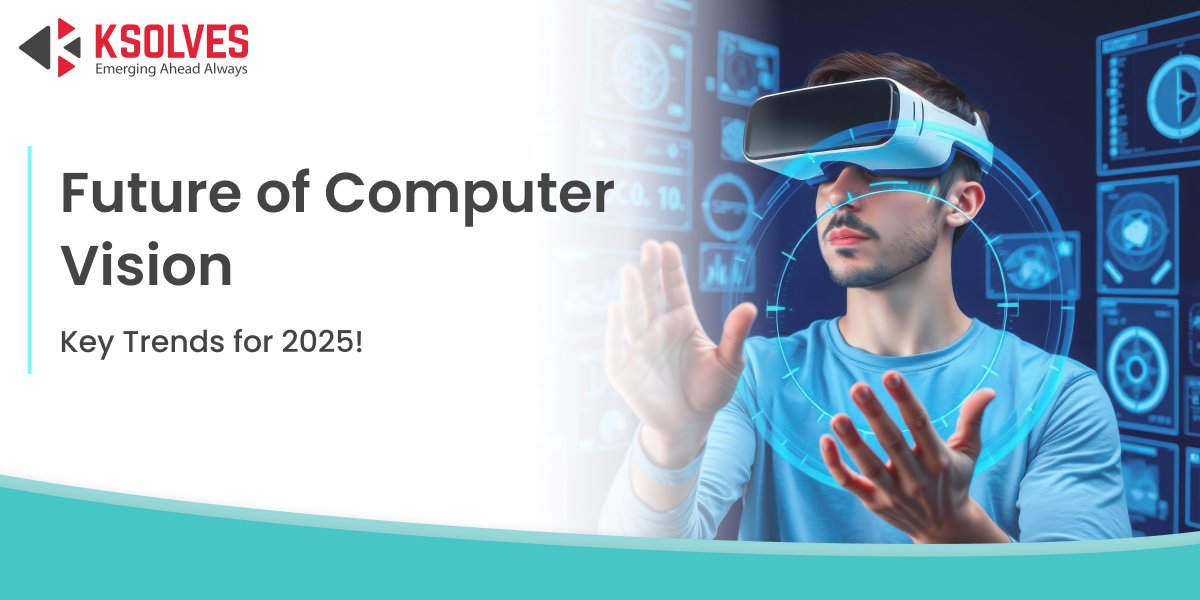
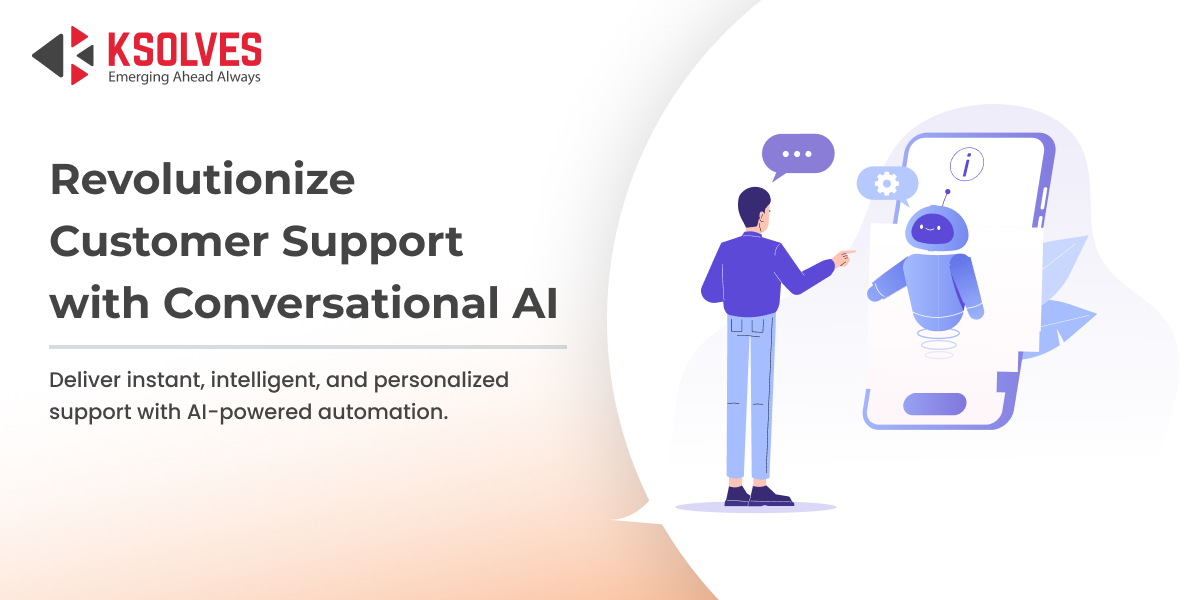
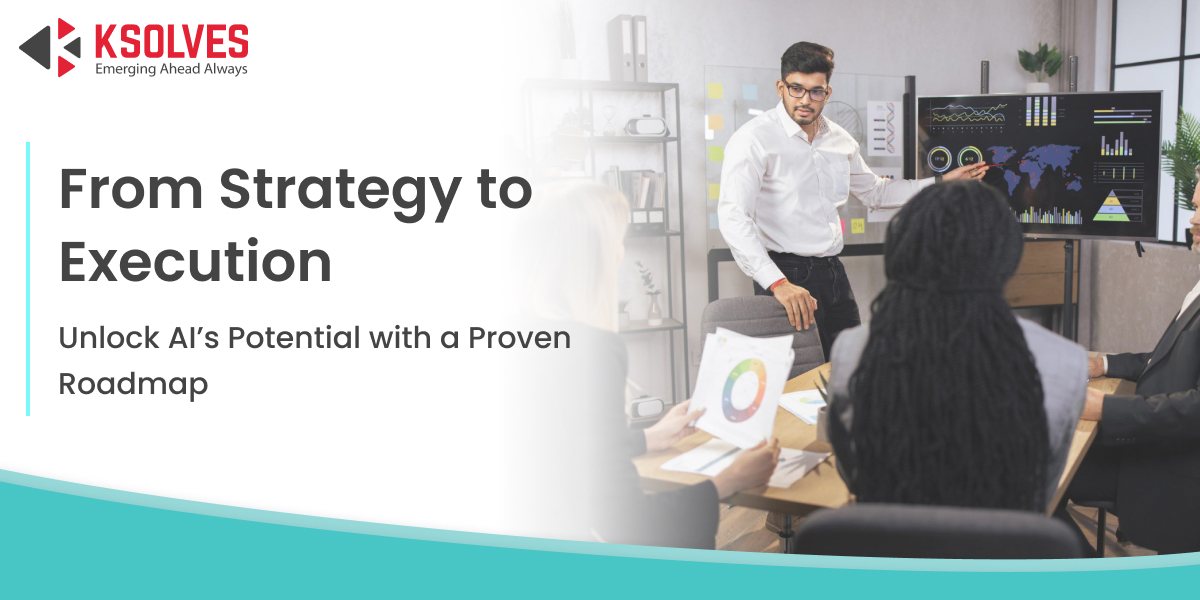

AUTHOR
AI
Mayank Shukla, a seasoned Technical Project Manager at Ksolves with 8+ years of experience, specializes in AI/ML and Generative AI technologies. With a robust foundation in software development, he leads innovative projects that redefine technology solutions, blending expertise in AI to create scalable, user-focused products.
Share with